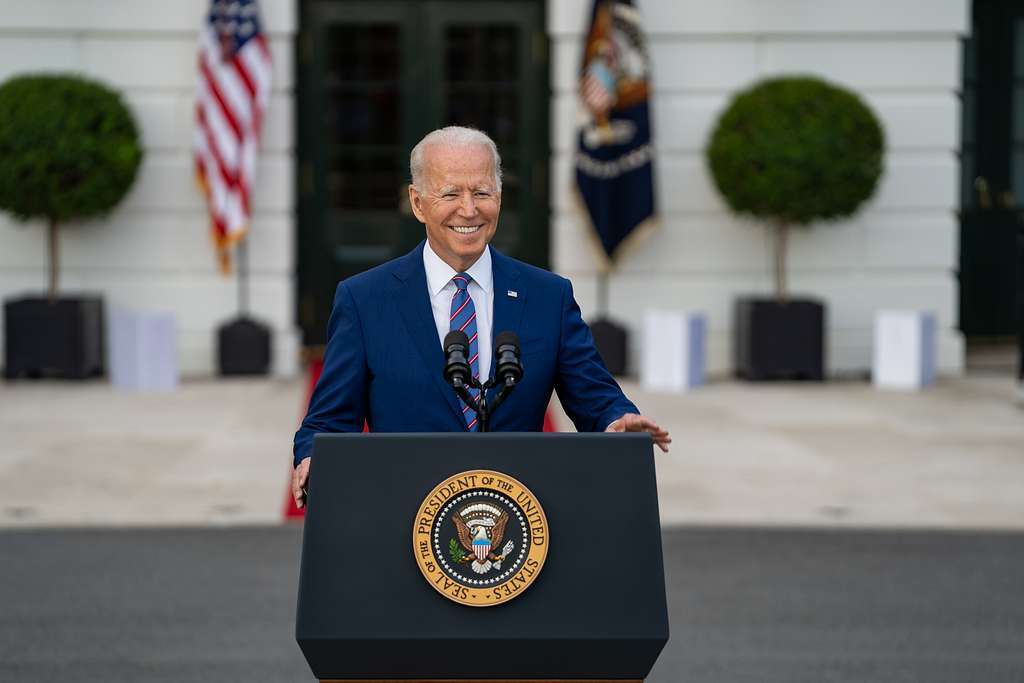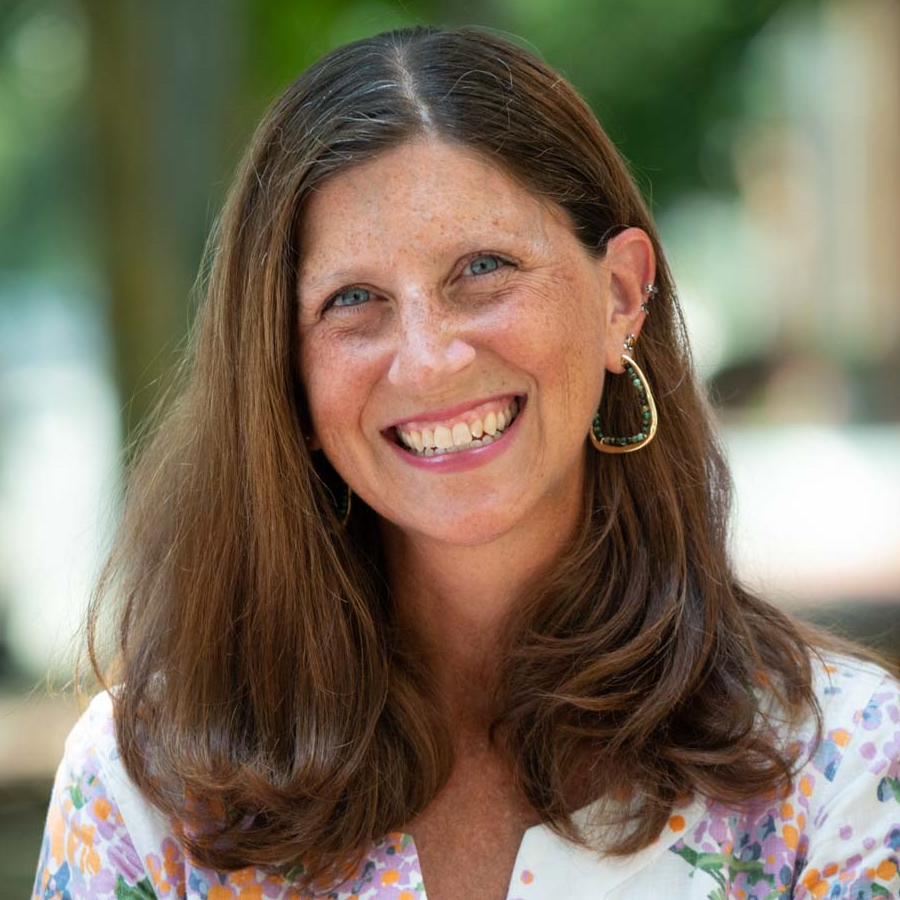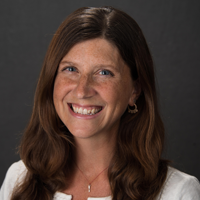Connections - 07.30.21
Across the Board: Reflecting on What We Know, What We Don’t, And How We Grow
Share this page
Stay Informed on the Latest Research & Analysis from ANCOR
More News
Stateside Report - 04.22.24
Stateside Report: April 22, 2024

Industry Insights - 04.18.24
Industry Insights: April 2024

Capitol Correspondence - 04.02.24
President Biden Proclaims April 2024 as Care Workers Recognition Month



 There’s so much happening this summer that we decided to connect with not one, but two, boards!
There’s so much happening this summer that we decided to connect with not one, but two, boards!